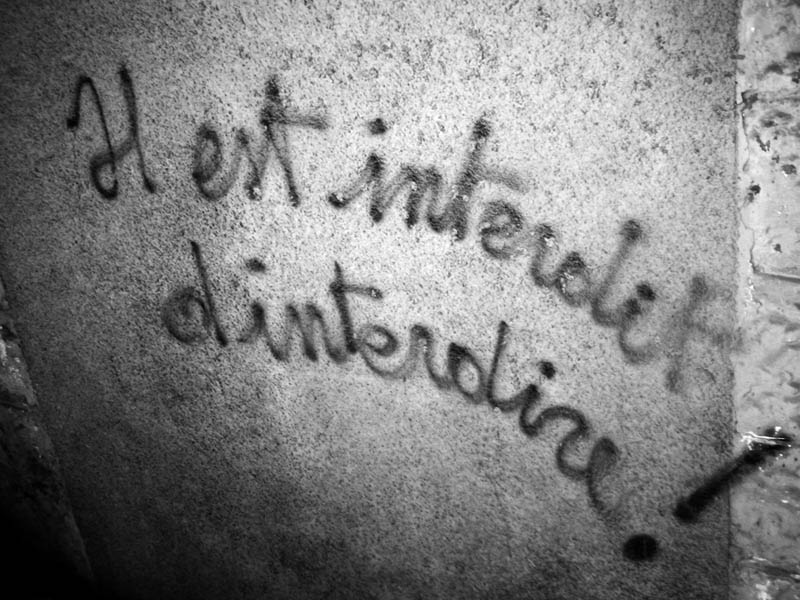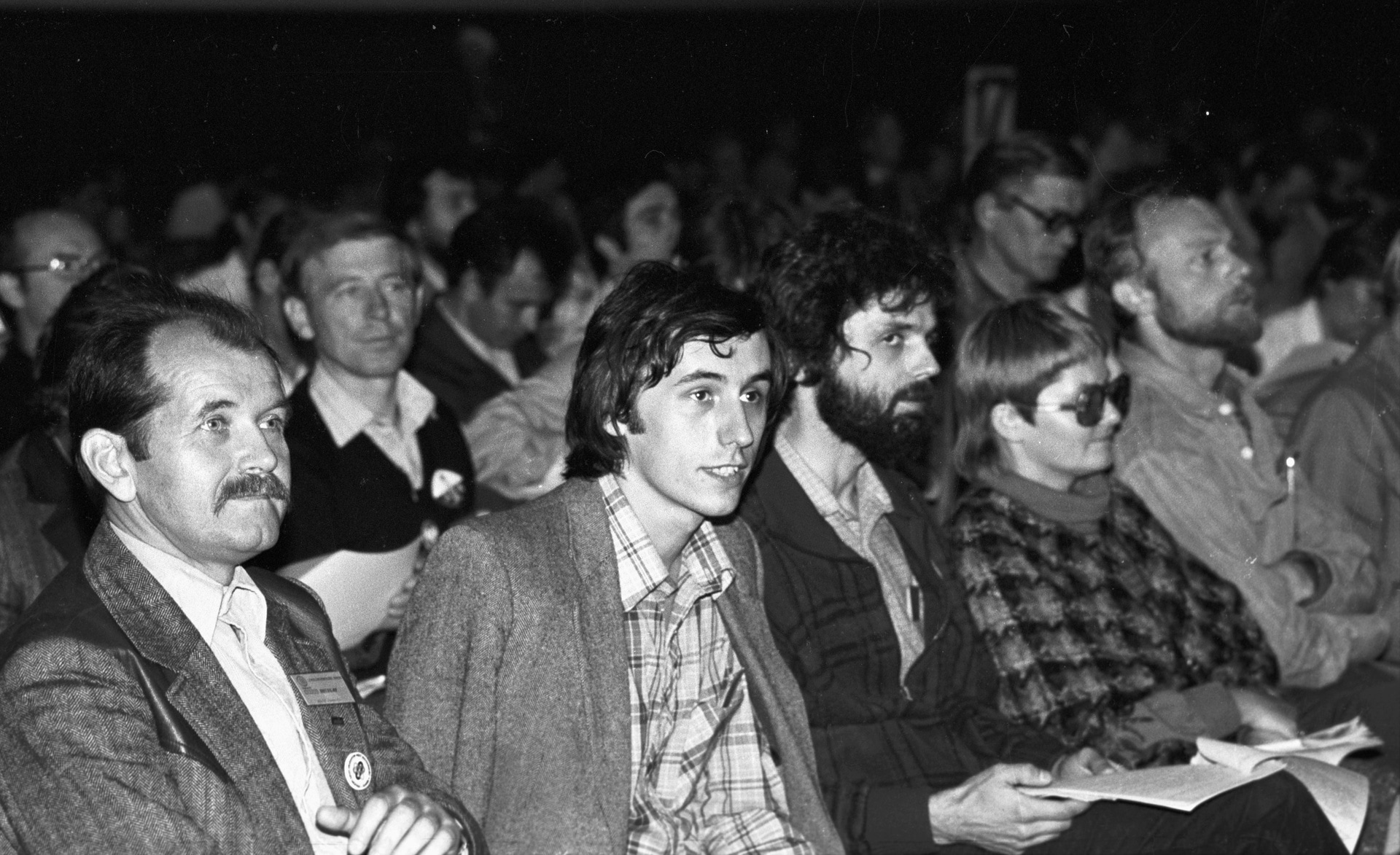A decision of the President of the Republic of Poland of 28 June 2011 [in:] „Monitor Polski”, No. 84, Warszawa, 2011.
Kondratowicz, Szminka na sztandarze. Kobiety Solidarności 1980 – 1989. Rozmowy., Warszawa, 2001.
Global Feminisms Comperative Case Studies of Women’s Activism and Scholarships, Warszawa, 2003
Simone de Beauvoir – pionierka feminizmu
Barbara Labuda looks fragile, but she has a will of steel and always goes against the tide. She worked hard for her status of the “enemy of the public authority”, [in:] “Sylwetki Bohaterek Muralu ‘Kobiety wolności’”, (accessed: 16.10.2023)
Labuda Barbara Lidia, [in:] Encyklopedia Solidarności (accessed: 16.10.2023)
Barbara Labuda: The aim of the martial law was not a paper chase but, first of all, to strip us, people of “S”, of our dignity, [in:] „Wyborcza Classic”, Barbara Labuda: Celem stanu wojennego nie były podchody, ale, poza wszystkim innym, odarcie nas, ludzi ‘S’, z godności (wyborcza.pl) (accessed: 19.10.2023)
Barbara Labuda: The ban on the right to abortion means that a part of our humanity is amputated, [in:] OnetRANO (accessed: 19.10.2023)
Written by Aneta Kozłowska





![Elections to the Sejm and Senate in 1989. Flyer[edit]: Here are the candidates of](https://aski.gr/wire/wp-content/uploads/2024/02/VDA_Barbara-Labuda_3a.jpg)
![Elections to the Sejm and Senate in 1989. Flyer[edit]: Here are the candidates of](https://aski.gr/wire/wp-content/uploads/2024/02/VDA_Barbara-Labuda_3b.jpg)
![Leaflet [editorial]: Barbara Labuda. Candidate of the Solidarity Civic Committee in Wroclaw in the elections to the Sejm](https://aski.gr/wire/wp-content/uploads/2024/02/VDA_Barbara-Labuda_4.jpg)